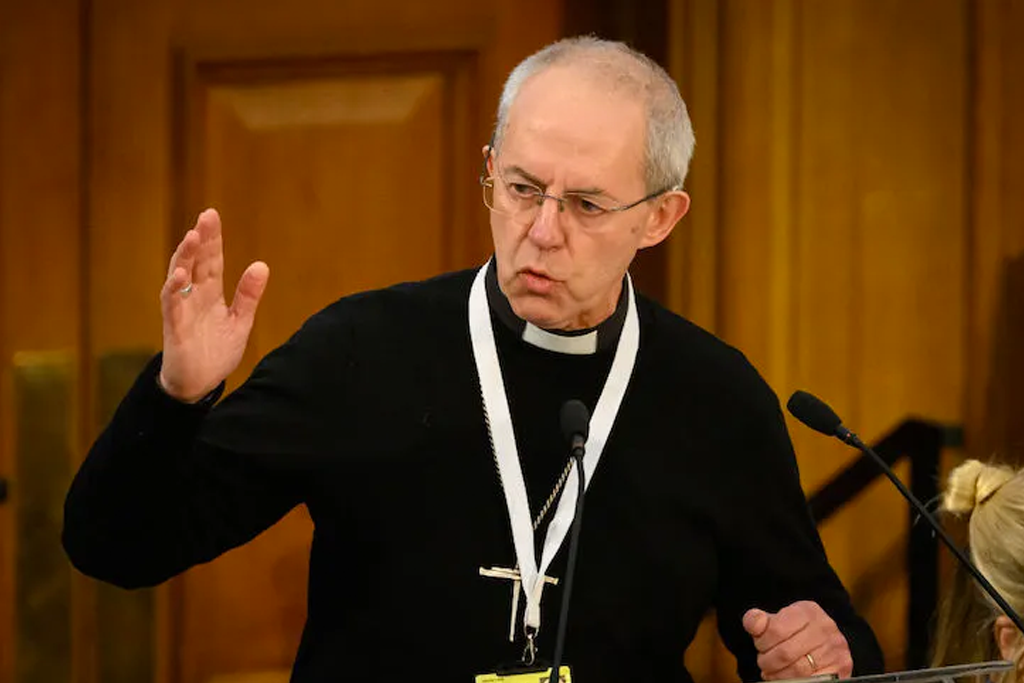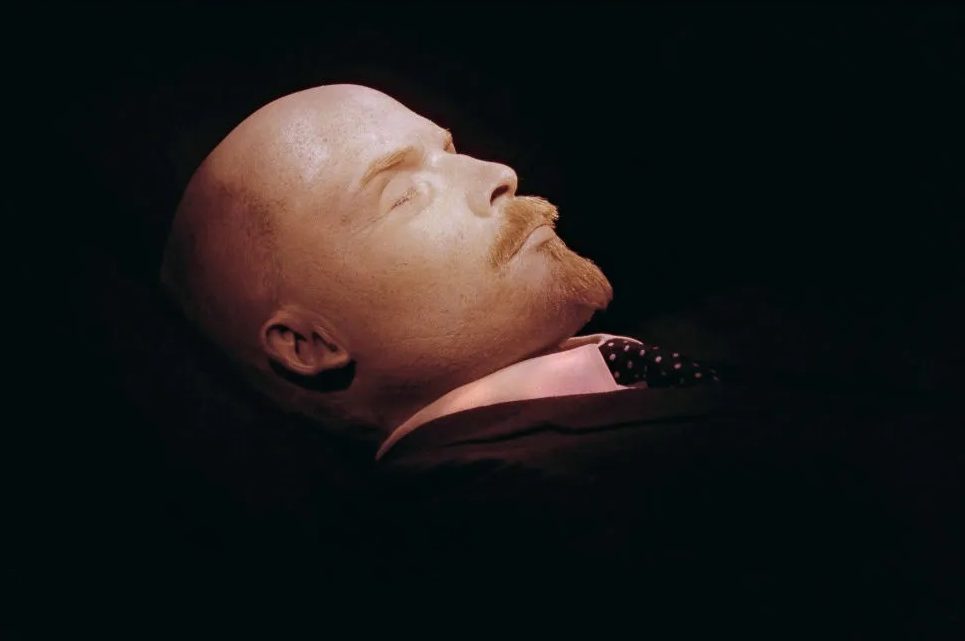The Church of England will soon launch a commission on the question of gendered language in relation to God. Is this big news? It depends what the commission proposes. Even if it proposes big changes, the synod would have to vote them through. And a two-thirds majority, voting in favor of removing the word “father” from the Lord’s Prayer, seems unlikely.
But that’s what some reports are suggesting, whether through clumsiness or a mischievous glee at the prospect of further Anglican division. According to the Guardian, “The Church of England is considering whether to stop referring to God as ‘he,’ after priests asked to be allowed to use gender-neutral terms instead… It is unclear what would replace the term Our Father in the Lord’s Prayer, the central Christian prayer that Jesus is said to have instructed his followers to say together down the generations.”
According to the Daily Telegraph, many within the church have been “calling for male pronouns He and Him, as well as reference to Our Father, to be scrapped in favor of either gender neutral or female alternatives.”
Really? In reality, some women priests are campaigning for the church to authorize new alternative liturgies in which God is not presented as exclusively male. As they have been doing for decades.
The announcement of a new commission was prompted by a question from Revd Joanna Stobart; she asked whether the Church was planning “to develop more inclusive language in our authorized liturgy.” Her call has been backed up the Women and the Church group (Watch):
We hope that a proposal will be brought to synod soon, as we believe that a theological misreading of God as exclusively male is a driver of much continuing discrimination and sexism against women.
It’s not entirely my business, but I advise Anglican feminists to pick their battles carefully. The attempt to make the Christian God gender-neutral will not only fail; it will discredit related causes, especially the full acceptance of women priests.
If this campaign is taken to its logical conclusion, it would lead to the demand that there must be complete parity in the attribution of gendered terms to God. For every “he” in a service, there must be a “she.” That would be absurd for various reasons, including Jesus, for of course this is the key injustice: that God is seen as taking male form.
The problem with a gender-neutral God is that it entails a move away from the particularity of Judaism, with its rather macho deity, and the particularity of Jesus — less macho but still male. It implies that a more abstract idea of God is preferable, one detached from those messy stories. The Unitarian God, basically.
Campaigners will say there are no such demands for full parity. But look at those news reports; there’s a tendency to spin such campaigns as absolutist; and the statement from Watch encourages this, by linking God-as-male with institutional sexism. If that link is real, then Jesus must go. So I advise my Anglican sisters to tread carefully.
This article was originally published on The Spectator’s UK website.

























